Progress Inc: Learning & Adapting
Progress Inc. is a global research and evaluation company with registered offices in Bangladesh, Kenya, Nepal, and the USA, with experiences in over 65 countries.
About Us
Researching for a Better Tomorrow
Progress Inc. is a global research and evaluation company registered in Bangladesh, Nepal, Kenya, and the United States, with experiences in South Asia, Southeast Asia, Sub-Saharan and Northern Africa, Latin America, and Middle East, in over 65 countries. It specializes in the area of research, monitoring, evaluation, and learning, with extensive experiences across the panoply of development sectors, including livelihood, gender equality and social inclusion, education, disaster risk reduction, governance, water, sanitation and hygiene, health, food security & nutrition, among others. Progress Inc. is a gender responsive and socially inclusive organization.
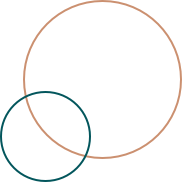
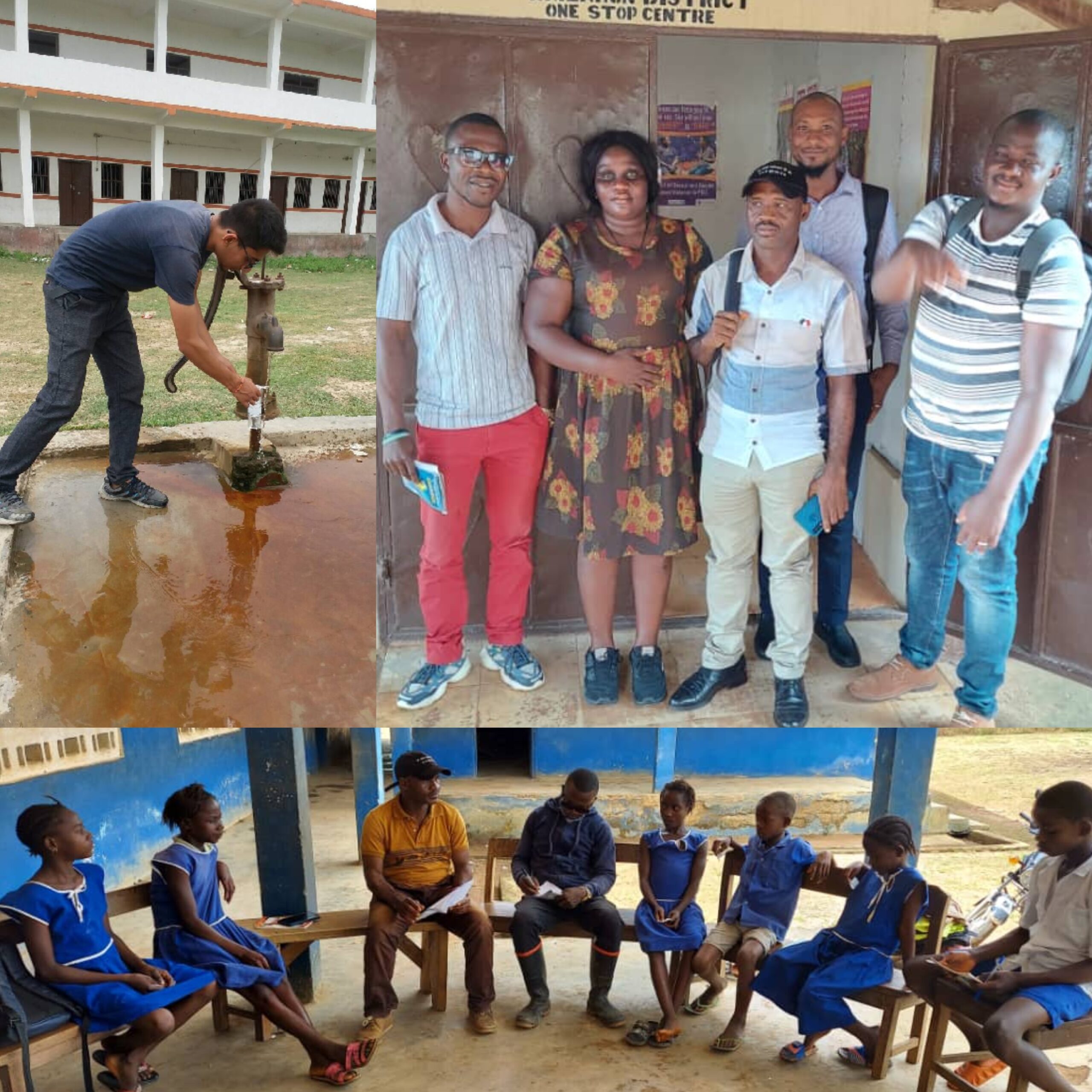
Operational Approach
Standardized orientation / training to researchers in all projects
Global network reach and partnership
Promotion of youth and marginalized individuals
Ability to bring together the right mix of consultants and team
Promotion of paperless quantitative data collection through android based mobile data collection applications such as KoBo, SurveyCTO, ODK, AKVO, and many others. Online survey forms such as Survey Monkey and Google Forms.
Qualitative analysis such as NVIVO, MAXQDA, ATLAS, and more
Network of international and national expertise
International standard reporting – synthetic and readable for all stakeholders
Coverage Maps
Our Coverage Area
Areas we work
Thematic Areas

Livelihood and food security

Gender equality and social inclusion (GESI)

Child protection

Education

Disaster risk reduction

Human rights and trafficking

Water, sanitation, and hygiene (WASH)

Health and nutrition
Portfolio
Our Projects
- All
- Monitoring and Evaluations
- Research and Assessments
- Capacity, Data, Animation and Others
Response Mechanisms in Addressing Issue of Gender Based Violence During the COVID-19 Pandemic
November-December 2020
Client: Consortium
GESI Assessment of STEM II
February-March 2021
Client: Mercy Corps
Baseline Assessment of Country Program(FIES Elements and AgroecologicalPractices)
March-May 2022
Client: Fastenaktion
Building Climate Adaptive Farming Opportunities and Improved Livelihood for Women and Marginalized People
March and May 2022
Client: Practical Action
Final Evaluation of Health Focused Disaster Risk Reduction
December 2022-January 2023
Client: LAMB /Tearfund
Baseline Assessment of Country Program(FIES Elements and AgroecologicalPractices)
March-May 2022
Client: Fastenaktion
Final Evaluation of Health Focused Disaster Risk Reduction
December 2022-January 2023
Client: LAMB /Tearfund
Final Evaluation of Empowered Person with Disability in an Inclusive and Resilient Communities
February-March 2023
Client: Danish Red Cross
Effectiveness and Result Review of Sesame Workshop Content Partnership Model
March-July 2024
Client: Sesame Workshop
Mid-Term Evaluation Enhancing LGBTIQ+ Inclusive Learning Spaces in Asia
October 2024-January 2025
Client: UNESCO
The mid-term evaluation assess the relevance, effectiveness, and efficiency of a project aimed at enhancing LGBTIQ+ inclusive learning spaces in Asia during its implementation from October 2021 to October 2024. It identifies challenges, highlights best practices, and provides evidence-based recommendations to guide ongoing and future activities. The evaluation involves a comprehensive review of project documents, stakeholder mapping, and the development of data collection tools for surveys, interviews, and focus group discussions. Engaging diverse stakeholders, including youth networks, implementing partners, and educational institutions, it ensures inclusive representation of LGBTIQ+ voices. Key activities includes producing a narrative report, delivering findings, co-facilitating validation workshops, and synthesizing feedback for the final report.
Response Mechanisms in Addressing Issue of Gender Based Violence During the COVID-19 Pandemic
November-December 2020
Client: Consortium
GESI Assessment of STEM II
February-March 2021
Client: Mercy Corps
Baseline Assessment of Country Program(FIES Elements and AgroecologicalPractices)
March-May 2022
Client: Fastenaktion
Baseline of RISEN and Uthansil Sewa Projects
March-May 2023
Client: Habitat for Humanity Nepal
Mid-Term Evaluation Enhancing LGBTIQ+ Inclusive Learning Spaces in Asia
October 2024-January 2025
Client: UNESCO
The mid-term evaluation assess the relevance, effectiveness, and efficiency of a project aimed at enhancing LGBTIQ+ inclusive learning spaces in Asia during its implementation from October 2021 to October 2024. It identifies challenges, highlights best practices, and provides evidence-based recommendations to guide ongoing and future activities. The evaluation involves a comprehensive review of project documents, stakeholder mapping, and the development of data collection tools for surveys, interviews, and focus group discussions. Engaging diverse stakeholders, including youth networks, implementing partners, and educational institutions, it ensures inclusive representation of LGBTIQ+ voices. Key activities includes producing a narrative report, delivering findings, co-facilitating validation workshops, and synthesizing feedback for the final report.
Building Climate Adaptive Farming Opportunities and Improved Livelihood for Women and Marginalized People
March and May 2022
Client: Practical Action
Manual, Advocacy, Partnerships, and Capacity Building for Global Action Local Empowerment
August-September 2024
Client: Youth Alive
Training on Monitoring and Evaluation(M&E) to Ministry Staff of Bhutan
June 2024
Client: IPTM
The workshop session was about Monitoring and Evaluation (M&E), with representatives from the Ministry of Bhutan in attendance. The session focused on the development and use of Logframes and Key Performance Indicators (KPIs) within a Result-Based M&E system. The discussion emphasized how Logframes serve as a planning tool to clearly define project objectives and measurement methods, ensuring clarity and beneficiary involvement. KPIs were categorized into input, process, output, outcome, and impact indicators, following SMART criteria to track project progress. Various M&E tools such as surveys, interviews, focus group discussions, and participatory rural appraisal were highlighted for capturing data and assessing project effectiveness, relevance, sustainability, and impact. Additionally, case studies and other reflective tools were presented to capture lessons learned and inform future decision-making in project implementation.
Healthy Transition Youth Project Motion 2D Animation Stories
June-August 2021
Date of implementation: June to August 2021
Client: Save the Children
Developing 2D Animation Explainer Videos on COVID-19 and Flooding (with Progressio Vi-diaries)
June 2021
Date of implementation: June 2021
Client: Practical Action
Our Clients











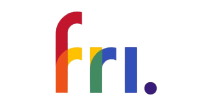
Blogs
Our Diary
Exploring Cultural Riches and Local Governance: A Researcher’s Journey through Palpa, Surkhet, and Tikapur
Milan Poudel Returning from my research field trip to Palpa, Surkhet, and Tikapur was an incredibly enlightening and...
Child Trafficking Menace
Calvin Chepsiror Introduction Child trafficking is a severe violation of children's rights and remains a global...
The Power of Advocacy in Governance: A Catalyst for Change
Akram Hussain Khan Advocacy, at its core, is about speaking up for the needs of oneself or others. It's a powerful...
Our Associates
Under Our Umbrella
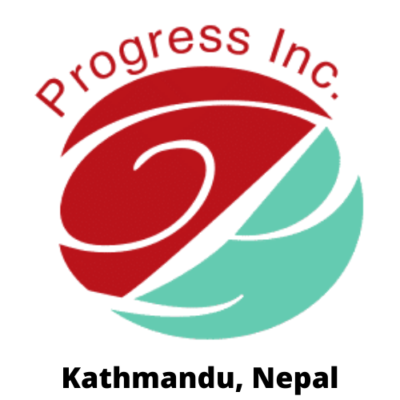
Progress Inc. Nepal
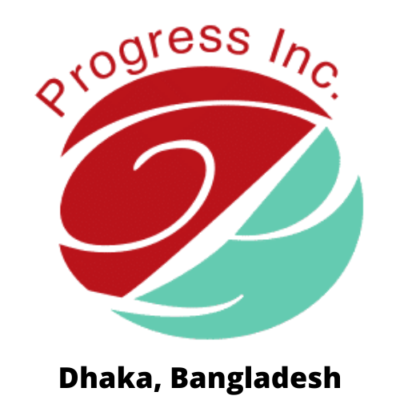
Progress Inc. Bangladesh
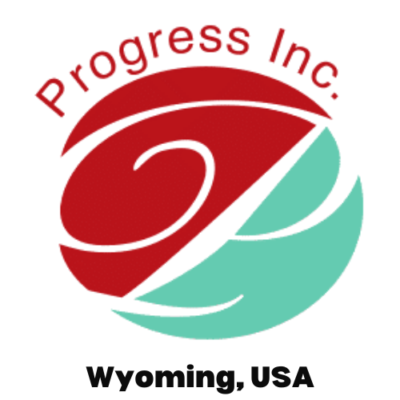
Progress Inc. USA
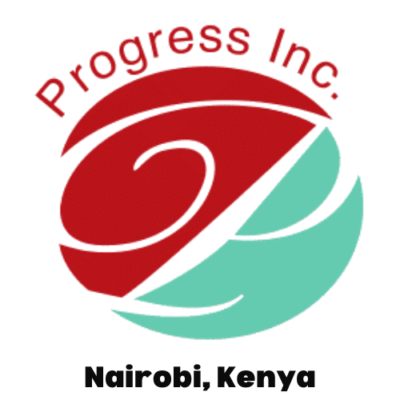
Progress Inc. Kenya
Progressio Bistro (Peebees)
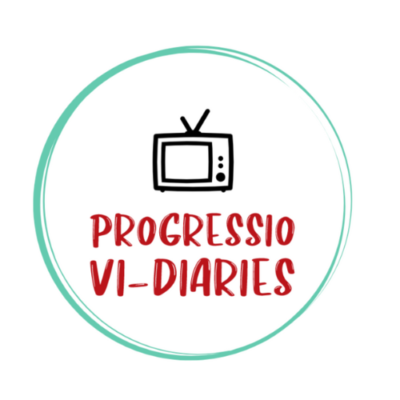
Progressio Vi-Diaries








